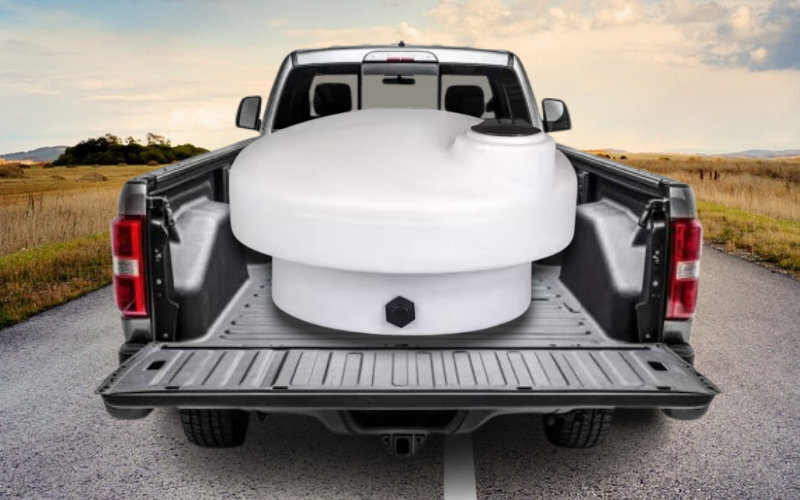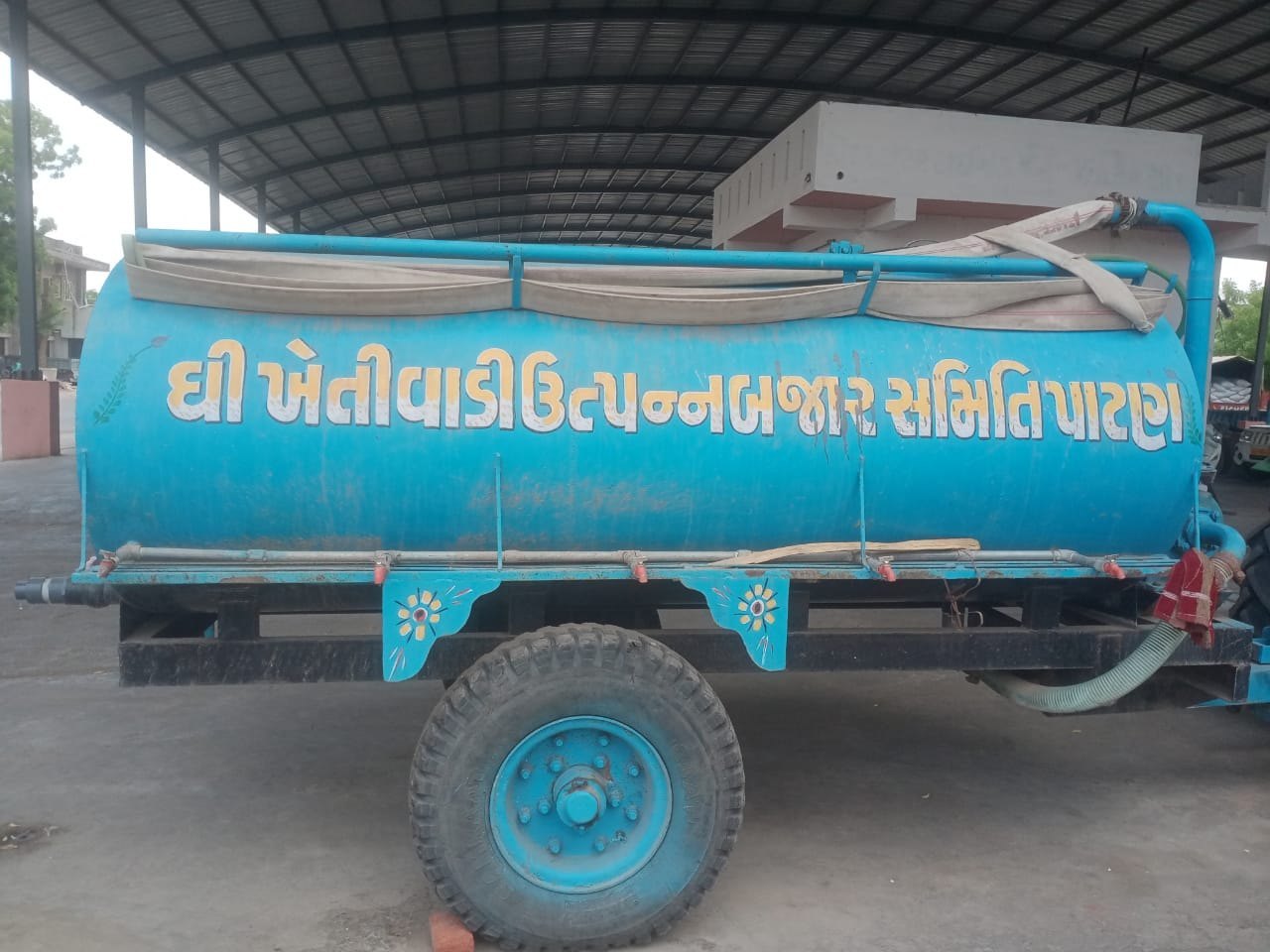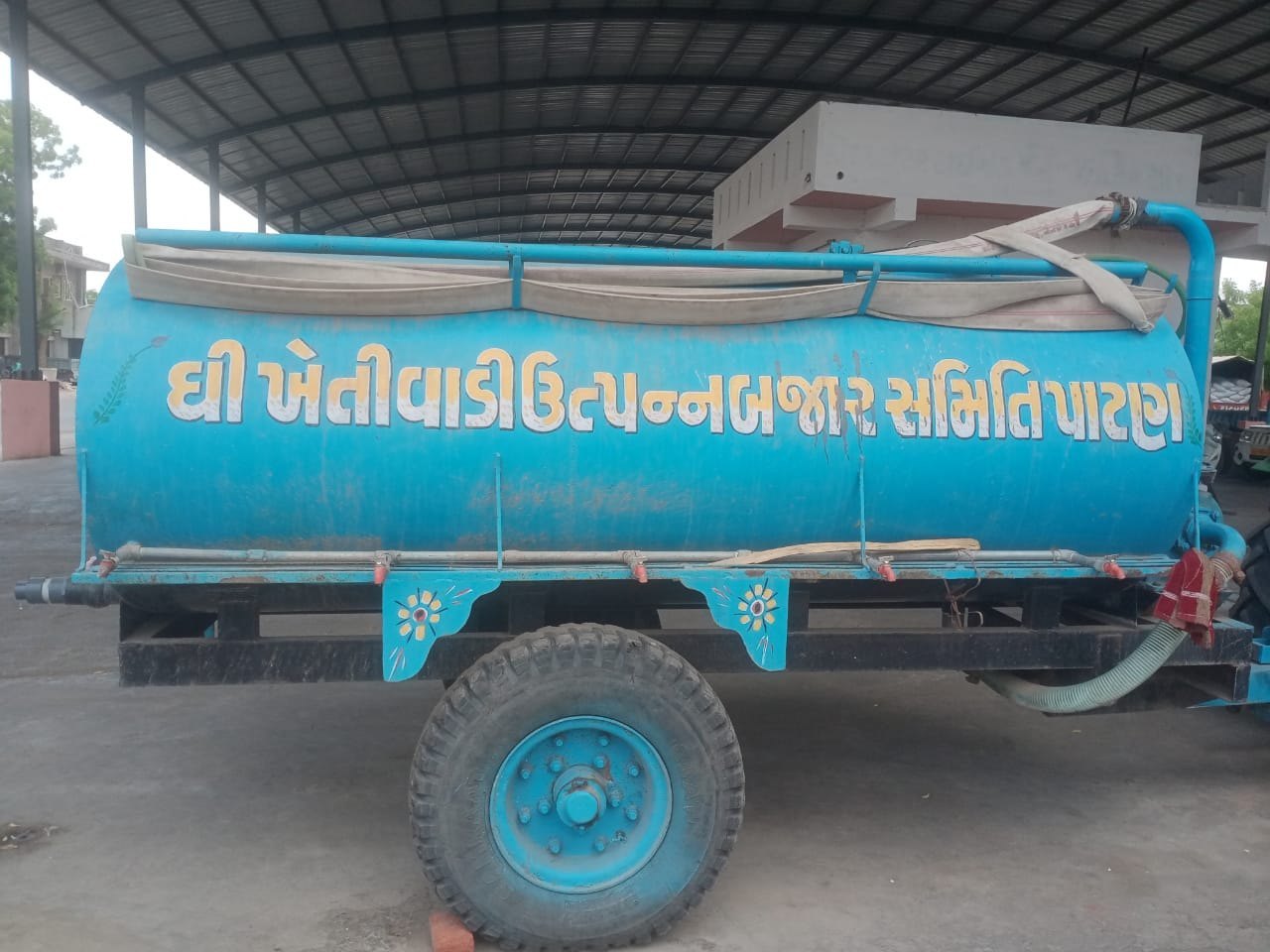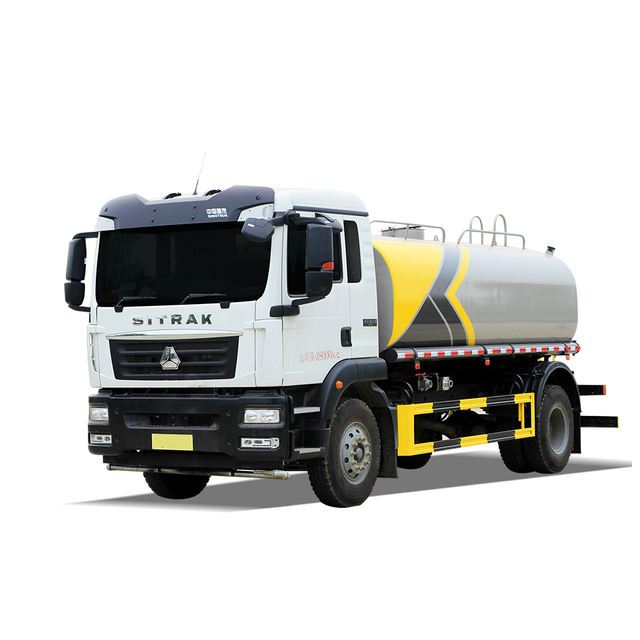Truck Mounted Water Tanks: Portable Water Solutions for Industry & Agriculture
When water is needed in remote locations or across vast operational areas, truck mounted water tanks deliver unparalleled flexibility. These mobile liquid storage systems have become indispensable assets for industrial operations and agricultural enterprises alike. Unlike stationary tanks that permanently fix your water supply to one location, these vehicular solutions bring hydration directly to the point of need – whether that’s feeding crops during drought conditions or supplying construction sites where infrastructure hasn’t yet been established. The fundamental advantage lies in their mobility; they transform ordinary trucks into powerful water distribution systems capable of navigating challenging terrain while carrying thousands of gallons of precious liquid cargo.

Understanding Truck Mounted Water Tank Configurations
The market offers several distinct configurations for truck mounted water tanks, each designed to address specific operational requirements. Understanding these differences ensures you select the right equipment for your particular needs.
Flatbed Tank Systems
Flatbed tanks represent the most versatile configuration, designed to be secured onto standard flatbed trucks. These systems typically feature:
- Easy installation and removal for multi-purpose truck usage
- Lower center of gravity for enhanced road stability
- Customizable baffle systems to control liquid surge
- Compatibility with various truck models and sizes
Agricultural operations particularly benefit from flatbed tanks as they allow farmers to use the same vehicle for multiple purposes throughout different seasons.
Dedicated Water Trucks
Purpose-built water trucks represent the premium solution for operations requiring frequent, high-volume water transportation. These specialized vehicles incorporate:
- Integrated pumping systems with higher flow rates
- Permanently mounted tanks with optimized weight distribution
- Spray bar systems for controlled water distribution
- Heavy-duty chassis designed specifically for liquid transport
According to the National Agricultural Statistics Service, farms using dedicated water trucks reported 23% less water waste compared to temporary tank systems, highlighting their efficiency advantages for large-scale operations.
Key Selection Criteria for Industrial and Agricultural Applications
Choosing the right truck mounted water tank requires careful consideration of several technical and operational factors that directly impact performance and longevity.
Tank Material Considerations
The construction material of your tank determines its durability, maintenance requirements, and suitable applications:

| Material | Best For | Lifespan | Maintenance Level |
|---|---|---|---|
| Polyethylene | Potable water, agricultural chemicals | 10-15 years | Low |
| Stainless Steel | Food processing, corrosive environments | 20+ years | Moderate |
| Aluminum | Lightweight applications, fuel oil | 15-20 years | Low |
| Fiberglass | Chemical transport, extreme temperatures | 15-25 years | Low |
John Harrison, a mechanical engineer with over twenty years of experience in liquid transport systems, emphasizes that “material selection should be driven by both the liquid being transported and the operating environment. Polyethylene offers excellent corrosion resistance for agricultural chemicals, while stainless steel remains the gold standard for food-grade applications where purity is paramount.”
Capacity and Weight Distribution
Matching tank capacity to your truck’s capabilities represents one of the most critical decisions. An overloaded truck poses serious safety risks and accelerates mechanical wear. Key considerations include:
- Gross Vehicle Weight Rating (GVWR) limitations
- Axle weight distribution requirements
- State and federal transportation regulations
- Maneuverability needs in confined spaces
The Department of Transportation reports that improper weight distribution contributes to approximately 18% of tanker truck accidents annually, making this a crucial safety consideration beyond mere regulatory compliance.
Operational Advantages Across Industries
Truck mounted water tanks deliver tangible benefits that directly impact operational efficiency and bottom-line results in diverse applications.
Agricultural Applications
Modern farming operations leverage mobile water tanks for multiple critical functions:
- Crop Irrigation: Supplementing rainfall during dry periods or in arid regions
- Livestock Hydration: Transporting water to remote grazing areas
- Pesticide/Fertilizer Application: Mixing and distributing agricultural chemicals
- Frost Protection: Spraying crops to prevent freezing during cold snaps
The mobility of these systems allows farmers to respond quickly to changing field conditions without investing in permanent irrigation infrastructure across their entire property.
Industrial and Construction Uses
Beyond agriculture, numerous industries depend on truck mounted water tanks for daily operations:

- Dust Control: Suppressing airborne particles at construction sites and mining operations
- Soil Compaction: Adding moisture to achieve optimal density for foundations
- Equipment Cleaning: Providing wash water in areas without plumbing access
- Fire Prevention: Serving as emergency water sources in remote work areas
A study published in the Journal of Industrial Engineering highlighted that construction projects using dedicated water trucks for dust control experienced 31% fewer work stoppages due to environmental compliance issues compared to sites relying on temporary water sources.
Maintenance Protocols for Long-Term Reliability
Proper maintenance extends equipment lifespan and ensures consistent performance. These practical maintenance steps apply to most truck mounted water tank systems.
Routine Inspection Checklist
Implementing a consistent inspection routine identifies potential issues before they escalate:
- Check all valves and connections for leaks before each use
- Inspect tank interior for sediment buildup monthly
- Examine mounting hardware and straps for tension and corrosion
- Test pump operation and pressure ratings quarterly
- Verify baffle integrity (for baffled tanks) during cleaning cycles
Seasonal Maintenance Considerations
Different operating conditions require specific maintenance attention:
- Winterization: Completely drain tanks and pumps before freezing temperatures arrive
- Spring Startup: Sanitize tanks used for potable water after winter storage
- Summer Preparation: Check UV protection on polyethylene tanks exposed to intense sun
- Fall Readiness: Inspect spray systems before harvest season dust control demands
Frequently Asked Questions
What truck specifications do I need for a 2,000-gallon tank?
A 2,000-gallon tank filled with water weighs approximately 16,700 pounds. You’ll need a one-ton or larger truck with appropriate GVWR, reinforced suspension, and potentially upgraded brakes. Always consult with both the tank manufacturer and your truck dealer to ensure compatibility.

How often should I clean my truck mounted water tank?
Cleaning frequency depends on what you’re hauling. Potable water tanks should be cleaned and sanitized every 6 months or when changing water sources. Agricultural chemical tanks require cleaning between product changes. Dust control water tanks typically need quarterly cleaning to remove sediment.
Can I install a truck mounted water tank myself?
While smaller tanks (under 500 gallons) might be installed by experienced individuals, we strongly recommend professional installation for larger systems. Proper mounting, weight distribution, and plumbing connections require specialized knowledge to ensure safe operation and regulatory compliance.

What safety features should I look for in a truck mounted water tank?
Essential safety features include: rollover protection, emergency venting, baffle systems to control liquid surge, non-slip walking surfaces, rear impact protection, and proper lighting/marking for road travel. Additionally, ensure your tank includes overflow prevention and bottom valves that automatically close in case of separation.
Making the Right Investment Decision
Selecting the ideal truck mounted water tank requires balancing immediate needs with long-term operational requirements. Consider not just the initial purchase price, but total cost of ownership including maintenance, potential downtime, and resale value. The most economical tank isn’t necessarily the cheapest one, but the system that reliably delivers water where and when you need it with minimal operational disruptions. Whether you’re irrigating distant fields or controlling dust at construction sites, the right mobile water solution becomes an indispensable partner in your operational success.
References and Additional Resources
- National Agricultural Statistics Service. (2022). Farm and Ranch Irrigation Survey.
- U.S. Department of Transportation. (2021). Commercial Vehicle Safety Alliance Report.
- Harrison, J. (2023). Liquid Transport Systems: Design and Maintenance. Industrial Equipment Press.
- Journal of Industrial Engineering. (2022). “Environmental Compliance in Construction: Impact of Resource Management.”
**Meta Description:**
Truck mounted water tanks provide portable water solutions for industrial and agricultural operations. Explore configurations, selection criteria, and maintenance tips for mobile water systems that deliver reliability and efficiency.








